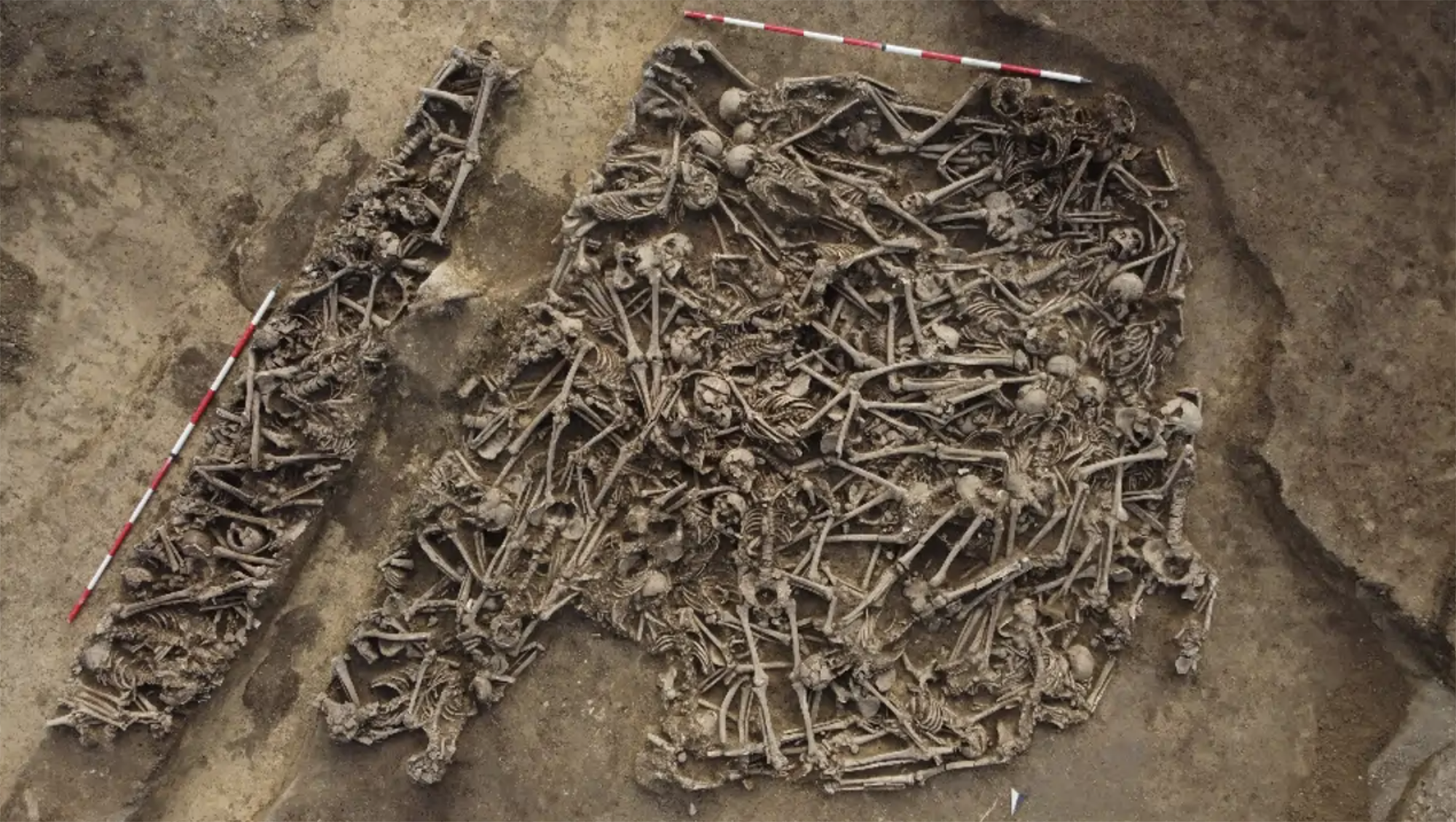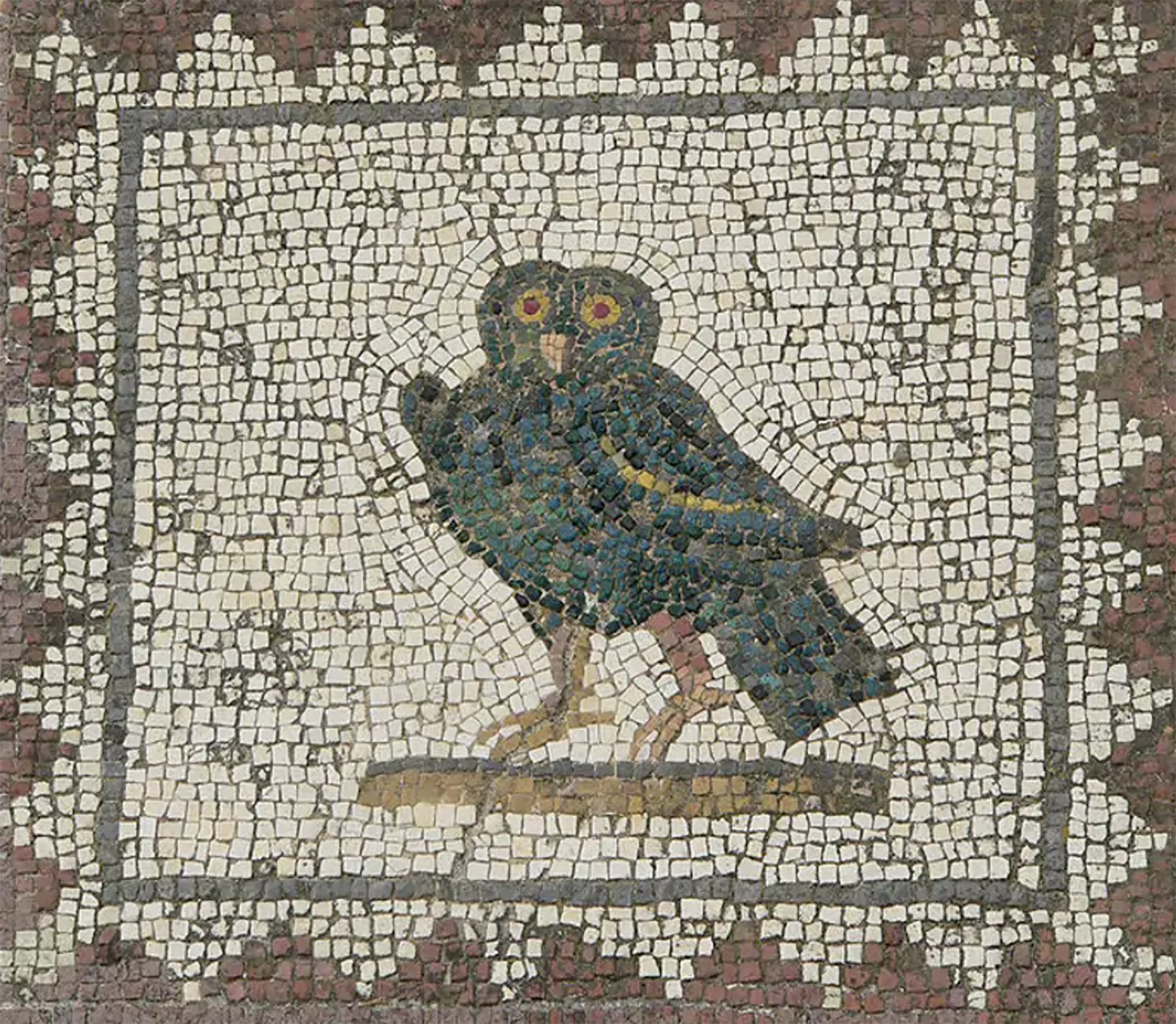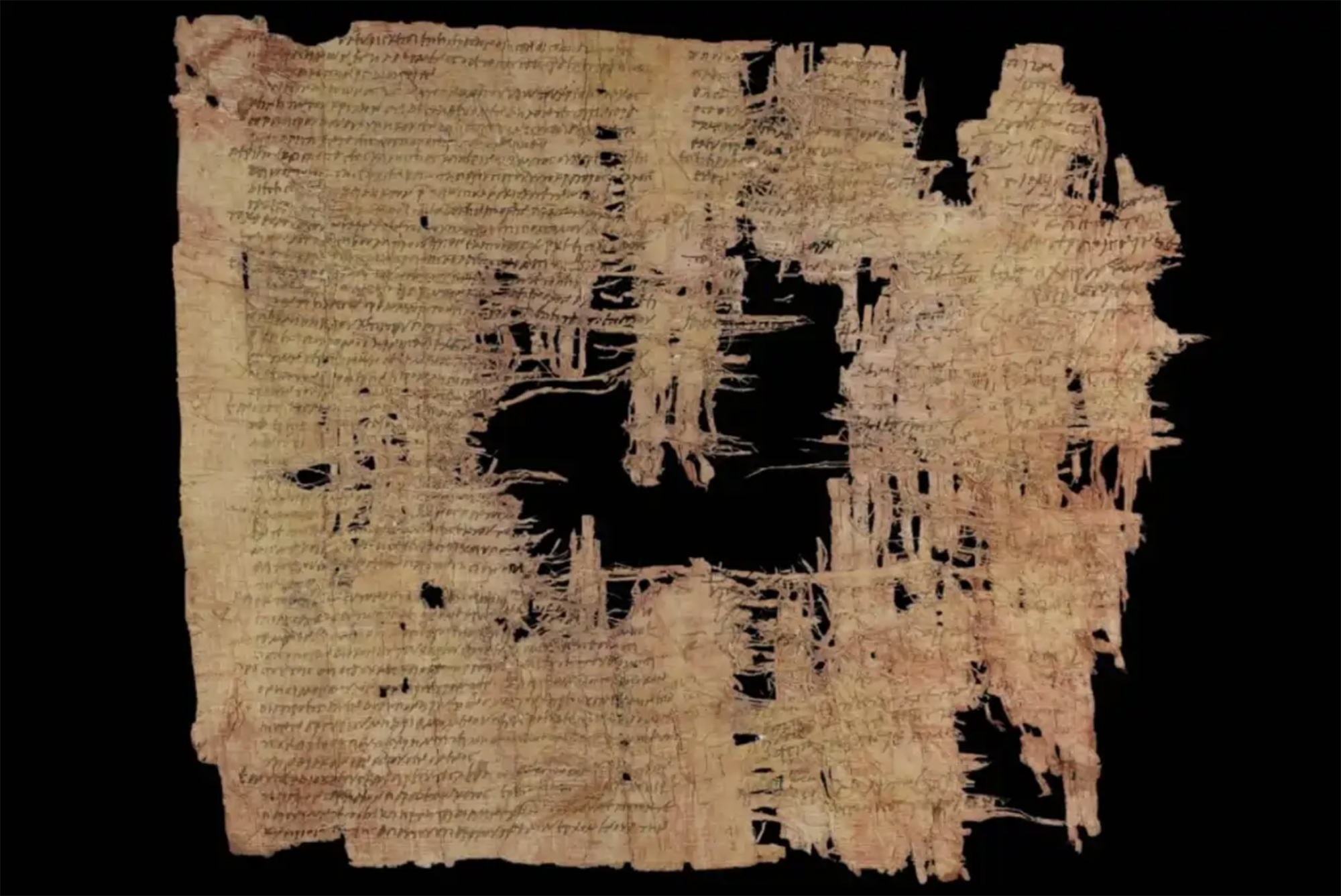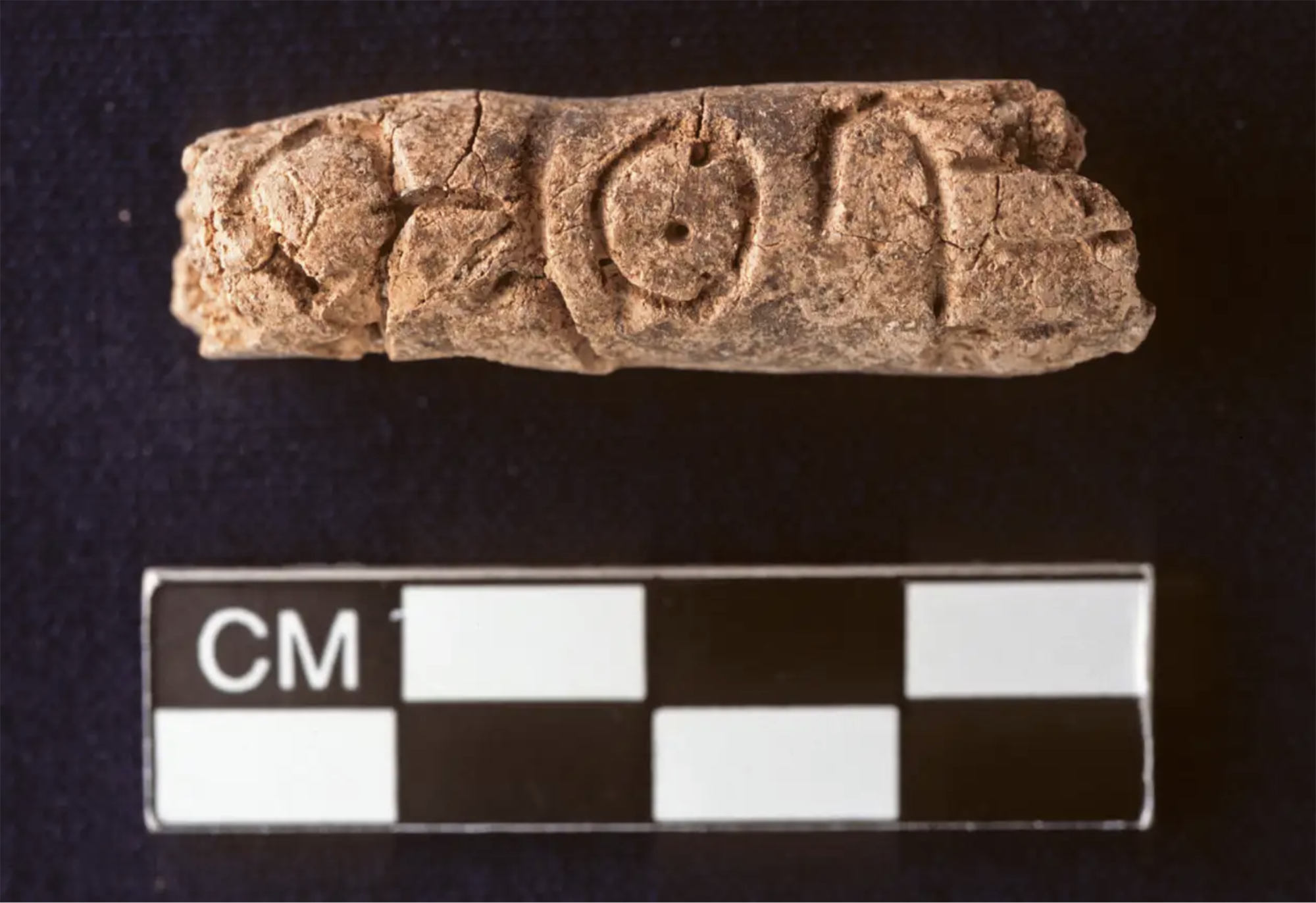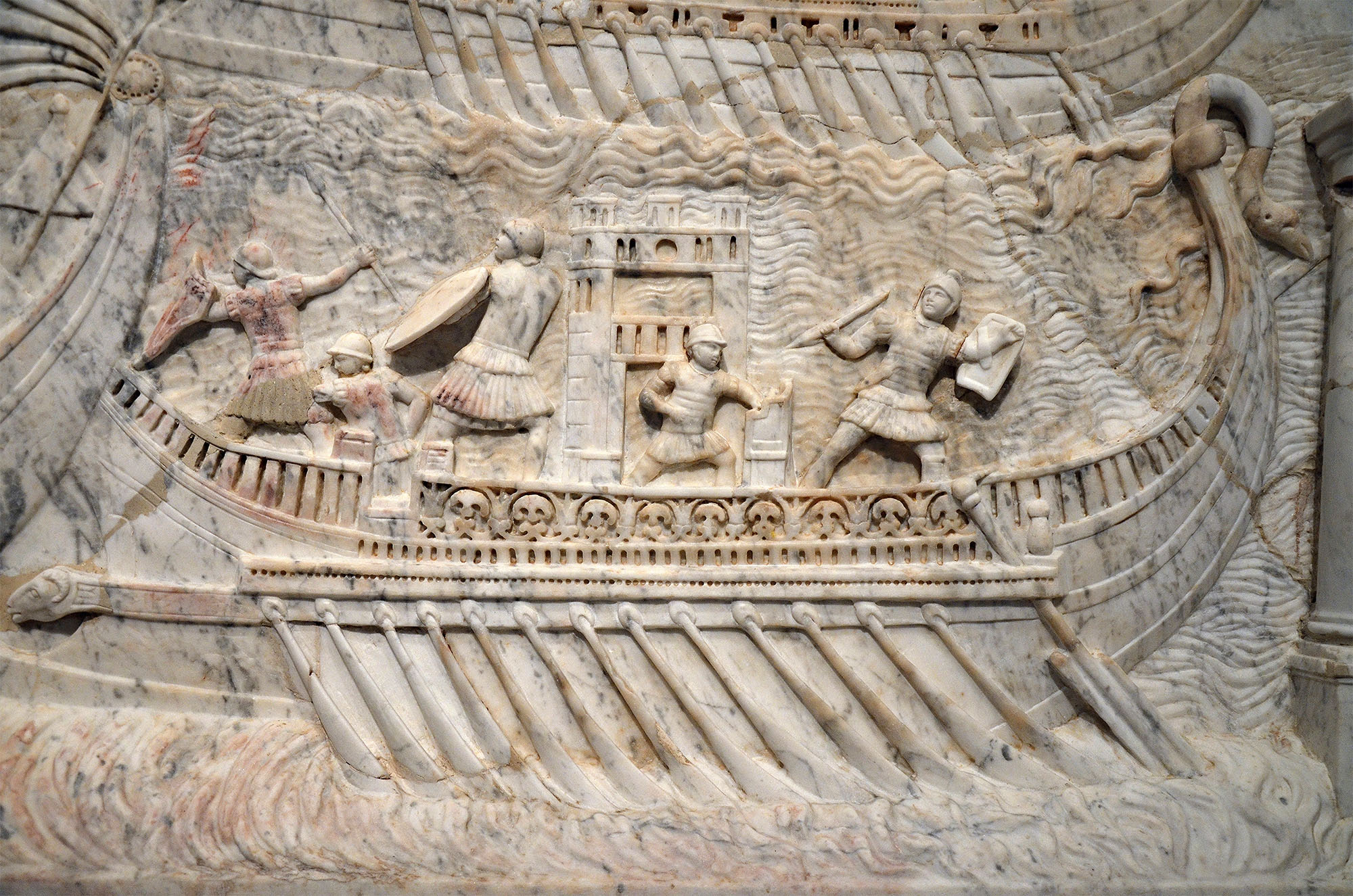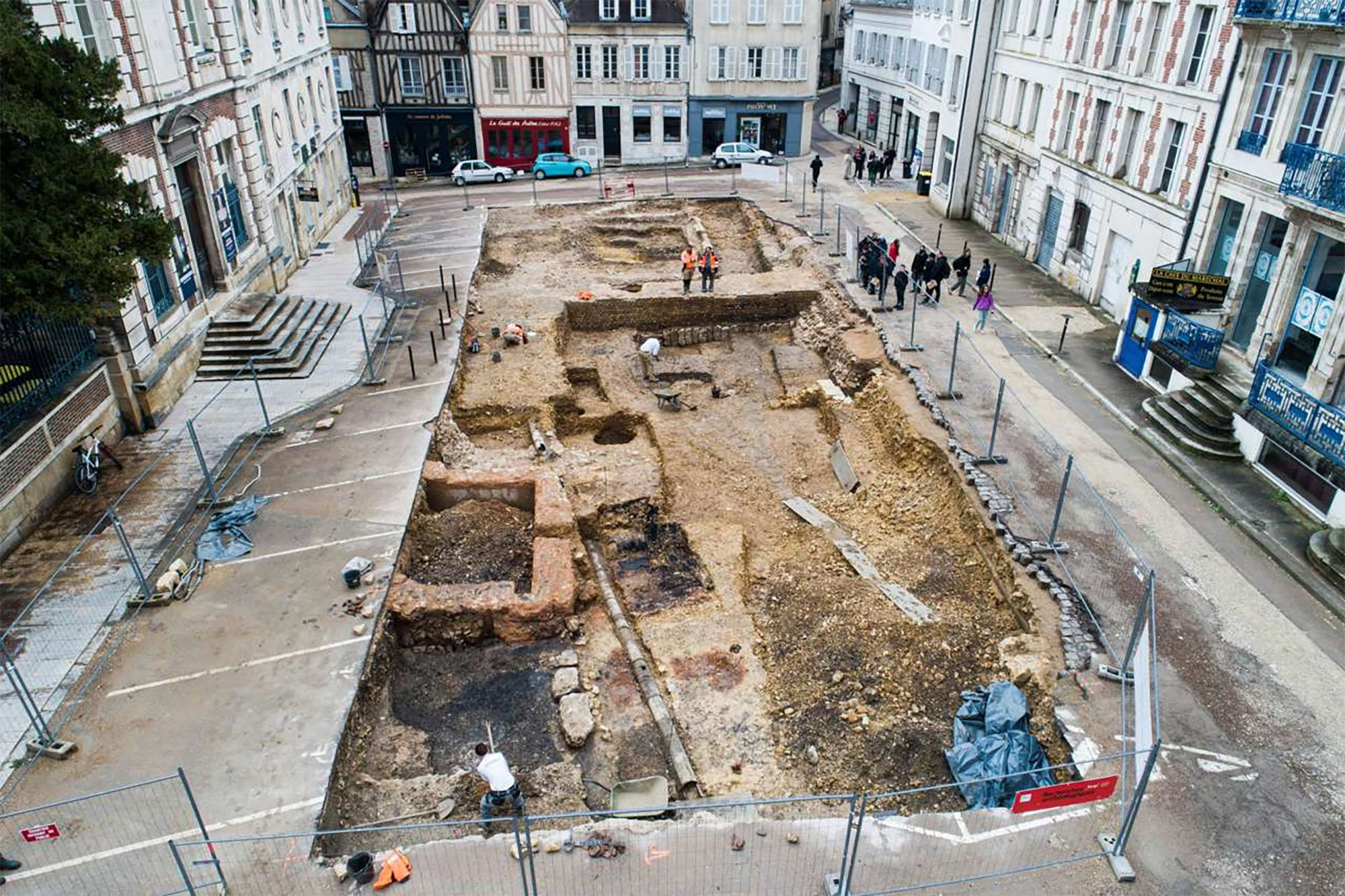
To analyse the political situation in today ' s world we often do not use the history of the Roman era. I guess it will be because it seems too old and too far away. Moreover, among such different things, we find it difficult to empathize with the history there. However, I am not surprised that if you listen to someone who in the mesanoches of many high-level U.S. military there are books about war in Roman times. The Romans have always been exemplary. So I propose to do a similar exercise, but the other way around: look at a dissident people against the Romans. More specifically, I would like to look at the Bretons (bruttis, in Latin) and that we also read their story as a legacy and as a suggestion.
The Bretons lived in the present region of Calabria and were known to fight the Greek colonies. History says that the eighth century begins to colonize the Italian peninsula. It is also said that Greek colonization was peaceful (you know, they only went to the economy, trade…). But no, of course. Because if you install yourself on someone else's ground, one way or another you'll have to use force. To combat this colonization, it seems that groups of Italian black natives began to unite, grouping people and tribes in the forest. Thus, in opposition to the Greeks, the collective identity of the Bretons and thus the borders of their territory were apparently consolidated. Already in the fourth century BC, we know that its popular identity was consolidated thanks to archeology, because a recovered boat told us. When Osko's name had already expired, a citizen there wrote on his cover: "Breites esum," I'm Breitarra.
In 73 BC, once again, weapons were taken against Rome, they were placed next to Sparta and many Breton fighters died alongside that fugitive slave.
The other threat that came to them after their opposition to the Greeks was the Romans. A. C. They fell for the first time before the Romans in 270 years. At that time they lost much of the forest called Sila and became public Roman land. The Romans, taking care of the use of words, makeup experts called “allies” the cities of the Breton, but it could hardly be an imposed alliance, as was that relationship. Among other things, Bretons were prohibited from establishing alliances with other non-Romans and creating their own currencies. The only advantage offered by Rome was to preserve laws, magistrates and traditional customs. In this apparent autonomy, the Roman garnitions ensured that everything was done according to Roman interests.
Years later, the Romans competed against another great force in the Mediterranean, the Carthaginians. Our Bretons bet on the Carthaginians, the loss of the Romans could bring their freedom, but again, they lost it. And then they were severely punished: they were deprived of the right to carry weapons, many Bretons were enslaved and forbidden to act as legionaries in the Roman army. Almost the entire territory was seized, becoming Roman public land, where the Roman colonies were installed. Specifically, three colonies were established for veteran Roman soldiers and their families. On the edge of the Earth another city was erected with the Roman citizens, and it seems that some of the ancestors of the first emperor Octavio Augusto were indigenous.
in year 89 a. C. Roman citizenship was offered to all Italian peoples, with many privileges, but the experts do not know whether or not the Bretons became Roman citizens, for which each people had to make a petition for citizenship, and it is not clear that they were willing to surrender like this. It is not clear, among other things, that in 73 B.C., once again, the weapons were taken against Rome, they were placed next to Sparta, and many of the Breton fighters died alongside that fugitive slave. Later on 29 A.D., during the height of the Empire, in Pax Romana, Emperor Augustus gave his capital the category of colony, to which he accompanied the Roman citizenship, who assured his full surrender with the Roman privileges.
The name itself gives us some clues to understanding the situation of this Roman people. According to some theories, the name of this people, bruttii, which has come to us in Latin, is a homophonic transformation of the Romans for offensive purposes, a kind of damnatio memoriae. The Bretti rebels wanted bruttis (Latin, dirty, cowardly) to appear before history.

During the renovation of a sports field in the Simmering district of Vienna, a mass grave with 150 bodies was discovered in October 2024. They conclude that they were Roman legionnaires and A.D. They died around 100 years ago. Or rather, they were killed.
The bodies were buried... [+]
Linear A is a Minoan script used 4,800-4,500 years ago. Recently, in the famous Knossos Palace in Crete, a special ivory object has been discovered, which was probably used as a ceremonial scepter. The object has two inscriptions; one on the handle is shorter and, like most of... [+]
Eskultura grekoerromatarrek bere garaian zuten itxurak ez du zerikusirik gaurkoarekin. Erabilitako materiala ez zuten bistan uzten. Orain badakigu kolore biziz margotzen zituztela eta jantziak eta apaingarriak ere eransten zizkietela. Bada, Cecilie Brøns Harvard... [+]
Luxorren, Erregeen Haranetik gertu, hilobi garrantzitsu baten sarrera eta pasabide nagusia aurkitu zituzten 2022an. Orain, alabastrozko objektu batean Tutmosis II.aren kartutxoa topatu dute (irudian). Horrek esan nahi du hilobi hori XVIII. dinastiako faraoiarena... [+]
Poloniar ikerlari talde batek Sevillako Italica aztarnategiko Txorien Etxea aztertu du, eta eraikinaren zoruko mosaikoak erromatar garaiko hegazti-bilduma xeheena dela ondorioztatu du.
Txorien etxean 33 hegazti daude mosaikoetan xehetasun handiz irudikatuta. Beste... [+]
Judea, 2nd century AD. In the turbulent atmosphere of the Roman province, a trial was held against Gaddaliah and Saul, accused of fraud and tax evasion. The trial was reported on a 133-line paper in Greek (pictured). Thinking that it was a Nabataean document, the papyrus was... [+]
Researchers at Johns Hopkins University have discovered several cylinders with inscriptions at the present Syrian Reservoir, the Tell Umm-el Marra. Experts believe that the signs written in these pieces of clay can be alphabetical.
In the 15th century a. The cylinders have... [+]
A group of interdisciplinary researchers from the Free University of Berlin and the Zuse Institute have developed a complex mathematical model to better understand how Romanization spread in North Africa.
According to a study published in the journal Plos One, the model has... [+]
Although it was thought that in most of the cities of the Roman Empire there were jails, little remains have been found of the prisons of the time in the fields.
Recently, however, the archaeologist at the University of Copenhagen, Matthew Larsen, has identified the Roman... [+]
The TRAILER of the film Gladiator II, which will be released in the autumn, already shows in less than three minutes an error or a historical license.
Ridley Scott's film celebrates a naumaki or naval battle at the Colosseum. The expensive show was held three times in the Roman... [+]
Rome, towards the year 100 d. C. The poet Juvenal received the X. In Satira: “For a long time, particularly since we have to sell the vote, this people has lost interest in politics. Before, the head, the lots, the legions and, after all, they gave it all, but now they let it... [+]
Gulf of Ambracia (Ionian Sea). In the 15th century a. 2 September 31. The Romans achieved victory in the naval battle of Accio and ensured control over Egypt. Therefore, the Greek hegemony in the Mediterranean is concluded on that date, but the Hellenic influence has remained so... [+]
This winter the archaeologists of the INRAP (National Institute of Preventive Archaeological Research) have found a special necropolis in the historic centre of Auxerre (French State), a Roman cemetery for newborn babies or stillbirths. - Oh, good! The necropolis used between... [+]








